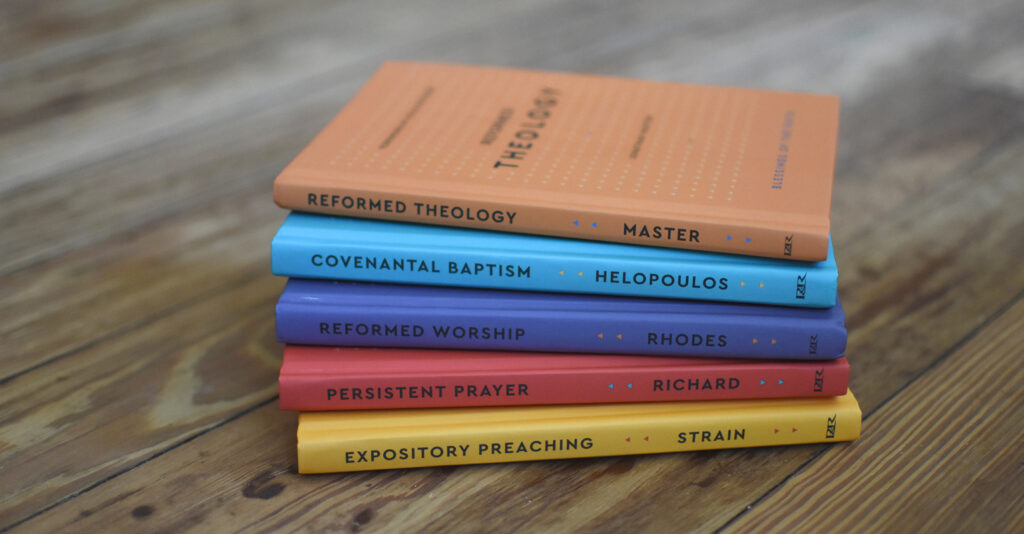
It has often been said—sometimes with a sense of humor and sometimes in annoyance—that Presbyterian and Reformed churches love to do things “decently and in order.” I can understand both the humor and the frustration that lie behind that sentiment. We love our plans, our minutes, our courts, and our committees. Presbyterian and Reformed folks have been known to appoint committees just to oversee other committees (reminding me of the old Onion headline that announced “New Starbucks Opens in Rest Room of Existing Starbucks”). We like doing things so decently that we expect our church officers to know three things: the Bible, our confessions, and a book with Order in its title.
But before we shake our heads in disbelief at those uber-Reformed types (physician, heal thyself!), we should recall that before “decently and in order” was a Presbyterian predilection, it was a biblical command (see 1 Cor. 14:40). Paul’s injunction for the church to be marked by propriety and decorum, to be well-ordered like troops drawn up in ranks, is a fitting conclusion to a portion of Scripture that deals with confusion regarding gender, confusion at the Lord’s Table, confusion about spiritual gifts, confusion in the body of Christ, and confusion in public worship. “Decently and in order” sounds pretty good compared to the mess that prevailed in Corinth.
A typical knock on Presbyterian and Reformed Christians is that though supreme in head, they are deficient in heart. We are the emotionless stoics, the changeless wonders, God’s frozen chosen. But such veiled insults would not have impressed the apostle Paul, for he knew that the opposite of order in the church is not free-flowing spontaneity; it is self-exalting chaos. God never favors confusion over peace (see 1 Cor. 14:33). He never pits theology against doxology or head against heart. David Garland put it memorably: “The Spirit of ardor is also the Spirit of order.”
These careful, balanced, and well-reasoned volumes will occupy an important place on the book stalls of Presbyterian and Reformed churches
When Jason Helopoulos approached me about writing a foreword for this series, I was happy to oblige—not only because Jason is one of my best friends (and we both root for the hapless Chicago Bears) but because these careful, balanced, and well-reasoned volumes will occupy an important place on the book stalls of Presbyterian and Reformed churches. We need short, accessible books written by thoughtful, seasoned pastors for regular members on the foundational elements of church life and ministry. That’s what we need, and that’s what this series delivers: wise answers to many of the church’s most practical and pressing questions.
This series of books on Presbyterian and Reformed theology, worship, and polity is not a multivolume exploration of 1 Corinthians 14:40, but I am glad it is unapologetically written with Paul’s command in mind. The reality is that every church will worship in some way, pray in some way, be led in some way, be structured in some way, and do baptism and the Lord’s Supper in some way. Every church is living out some form of theology—even if that theology is based on pragmatism instead of biblical principles. Why wouldn’t we want the life we share in the church to be shaped by the best exegetical, theological, and historical reflections? Why wouldn’t we want to be thoughtful instead of thoughtless? Why wouldn’t we want all things in the life we live together to be done decently and in good order? That’s not the Presbyterian and Reformed way. That’s God’s way, and Presbyterian and Reformed Christians would do well not to forget it.
As of the writing of this article, individual copies and the set are discounted with our friends at WTS Books.



